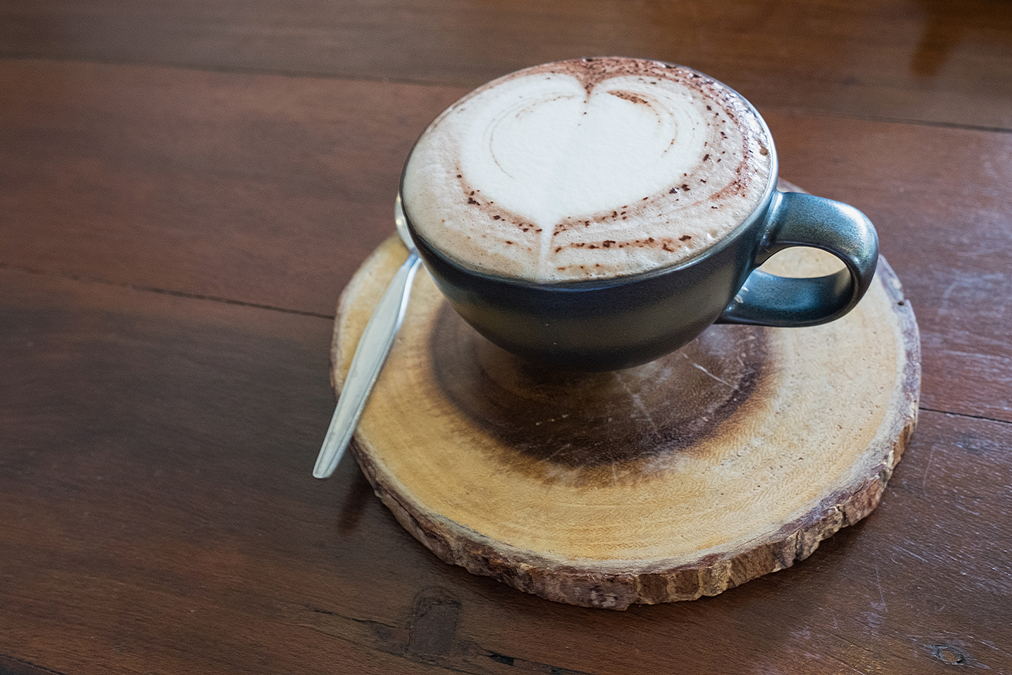 People who consume more caffeine have a much lower risk of developing osteoporosis, according to a new study in Scientific Reports.
People who consume more caffeine have a much lower risk of developing osteoporosis, according to a new study in Scientific Reports.
For years, scientists have debated whether caffeine helps or harms bones. Some research suggested it might weaken them by increasing the activity of cells that break down bone tissue. Others hinted it could make bones stronger.
To settle the question, researchers used two approaches.
First, they analyzed real-world data from 2,863 Americans in the U.S. National Health and Nutrition Examination Survey (2017–2020). They measured hip bone density using special X-ray scans and grouped participants by daily caffeine intake:
-
● Low: under 61 mg/day
● Medium: 61–168 mg/day
● High: over 168 mg/day
They adjusted for factors like age, sex, weight, race, education, smoking, and blood levels of calcium and phosphorus.
Second, they used Mendelian randomization—a genetic method—to see whether genes linked to caffeine intake were also tied to osteoporosis risk.
Results:
-
● People in the highest caffeine group had a 60% lower osteoporosis risk than those in the lowest group.
● Risk dropped sharply once daily intake reached about 107 mg (roughly one small cup of coffee).
● The biggest benefits were seen in adults over 65, Mexican Americans, non-Hispanic Whites, non-smokers, and those with higher phosphorus levels.
● Genetic analysis confirmed coffee intake causally reduced osteoporosis risk.
If you enjoy coffee, this suggests one to three cups a day can help keep your bones strong. If you don’t drink coffee, tea or dark chocolate can also provide caffeine along with antioxidants that may protect bone health.
But coffee alone will not reverse your osteoporosis.

 Overcoming IBD
Overcoming IBD Multiple Sclerosis
Multiple Sclerosis Banishing Bronchitis
Banishing Bronchitis Gum Disease Gone
Gum Disease Gone Overcoming Onychomycosis
Overcoming Onychomycosis Neuropathy No More
Neuropathy No More The Prostate Protocol
The Prostate Protocol Brain Booster
Brain Booster
 Ironbound
Ironbound
 Solution for Shingles
Solution for Shingles
 The Bone Density Solution
The Bone Density Solution
 The Ultimate Healing Protocol
The Ultimate Healing Protocol
 The Parkinson's Protocol
The Parkinson's Protocol
 The Chronic Kidney Disease Solution
The Chronic Kidney Disease Solution
 Overthrowing Anxiety
Overthrowing Anxiety The Fatty Liver Solution
The Fatty Liver Solution The Hypothyroidism Solution
The Hypothyroidism Solution
 The End of Gout
The End of Gout The Blood Pressure Program
The Blood Pressure Program
 The Oxigized Cholesterol Strategy
The Oxigized Cholesterol Strategy
 Stop Snoring And Sleep Apnea Program
Stop Snoring And Sleep Apnea Program
 The Arthritis Strategy
The Arthritis Strategy The Vertigo & Dizziness Program
The Vertigo & Dizziness Program The 3-Step Diabetes Strategy
The 3-Step Diabetes Strategy Hemorrhoids Healing Protocol
Hemorrhoids Healing Protocol The Erectile Dysfunction Master
The Erectile Dysfunction Master Weight Loss Breeze
Weight Loss Breeze The IBS Program
The IBS Program The Insomnia Program
The Insomnia Program The Migraine and Headache Program
The Migraine and Headache Program The Neck Pain Solution
The Neck Pain Solution The Menopause Solution
The Menopause Solution The Ejaculation Master
The Ejaculation Master The TMJ Solution
The TMJ Solution The Acid Reflux Solution
The Acid Reflux Solution The Fibromyalgia Solution
The Fibromyalgia Solution The Psoriasis Strategy
The Psoriasis Strategy